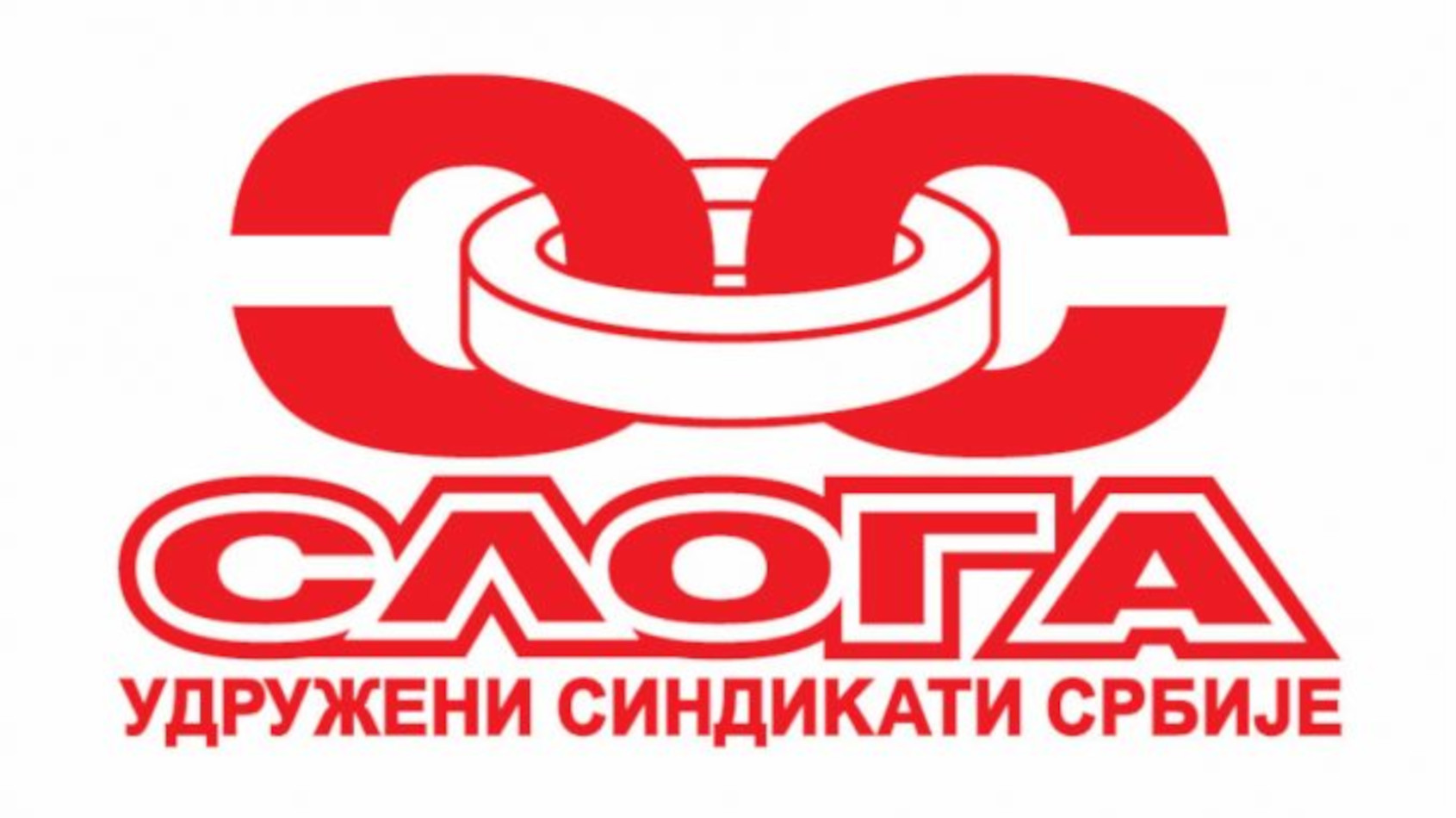That the state does not have a clear strategy for economic development, because factories are opened with large state subsidies, while many workers do not have adequate protection of labor rights, was the conclusion of the forum held in Nis. The participants talked about working conditions, mobbing, non-payment of wages and violations of safety and health at work, and the focus was on the “Jura” factory.
Serbia decided to provide state investments and create new jobs, but reports say that workers’ rights are often absent in just such factories, which was the topic of the debate “Investors receive subsidies, and workers’ rights are violated.”
Željko Veselinović from the Trade Union “Sloga” said that giving subsidies to foreign investors initially had results, because new jobs were created in less developed areas, and unemployment decreased. However, the problem arose over time when companies demanded from the state that there was no free trade union organization, and Veselinović singled out “Jura” as one of those.
At that time, Jura was the first to receive about 5,000 euros per worker, the trade union was strictly prohibited, anyone who tried to organize a trade union in Jura was fired because of that, and three of our colleagues in Rača, where we formed a trade union organization. They were first exposed to mobbing, threats, blackmail, then to boycott by colleagues, and finally to dismissal – he said.
Such a concession, he says, also attracted other investors, for whom the subsidies became even higher, and the rights of workers meaningless, as in the case of the workers of “Geoks” from Vranje or when the management in “Jura” limited the use of toilets.
The public learned about such cases through the media, which was discussed by Danasa journalist Zorica Miladinović, who pointed out that there is a lack of transparency when it comes to such topics, because even in cases where answers are received, half-hearted information is often given, so the public remains deprived of how much of state subsidies is given, how much the investors themselves have invested and how much workers’ rights are being violated.
According to earlier KLER data, since 2011, when foreign investors started coming here, ten of them have received state subsidies in the total value of slightly more than 90 million euros. According to data from state and city institutions and the Agency for Foreign Investments, those investors in Niš are subsidized in the amount of 4 to 10 thousand euros per workplace – said Miladinović.
In addition to these benefits, he points out, the investors received other benefits such as infrastructure, land use and exemption from taxes, but the question arises as to what Niš and the workers received.
In a good part of those companies, cables are really being rolled from 8 to 10 hours a day for earnings that are somewhere around the minimum. Trade unions are not desirable and are very difficult to establish. Workers began to be laid off, and the pandemic contributed to the rationalization of costs in companies – Miladinović pointed out.
He explains the relationship of foreign investors towards the state, laws and workers using the example of “Jura”, where there is no union except for “Sloga”, and from where, he claims, he received complaints from workers that they wear diapers, suffer mobbing and get fired while on sick leave.
Zoran Ristic from the Trade Union “Nezavisnost” said that it is undeniable that Serbia has positioned itself as an attractive area for the inflow of foreign investments, which is justified by new jobs and the fact that factories pay taxes to the state, but that low wages and other problems that workers face meet, they do not enable dignified work and life, where unions do not have great power and influence.
When foreign investors enter into dialogue with unions, they refer to the contract signed with the state, where their only obligation is to pay the minimum wage plus 20%, which is about 35,000 dinars plus about 7 thousand, and that the minimum consumer basket has exceeded 44 thousand. then we already come to the point that the one who accepted such a concept consciously accepted that there is no dignified work – said Ristić.
Danijel Dašić from the National Coalition for Decentralization took part in the debate, as well as city councilor Miodrag Stanković of the Coalition “Niš moj grad”, and what everyone agreed on was that “Serbia has become a country of cheap labor”.
The debate was organized by the Center for Democracy Foundation as part of the project “Socio-Economic Rights and Sustainable Development” with the financial support of the Olof Palma International Center.

